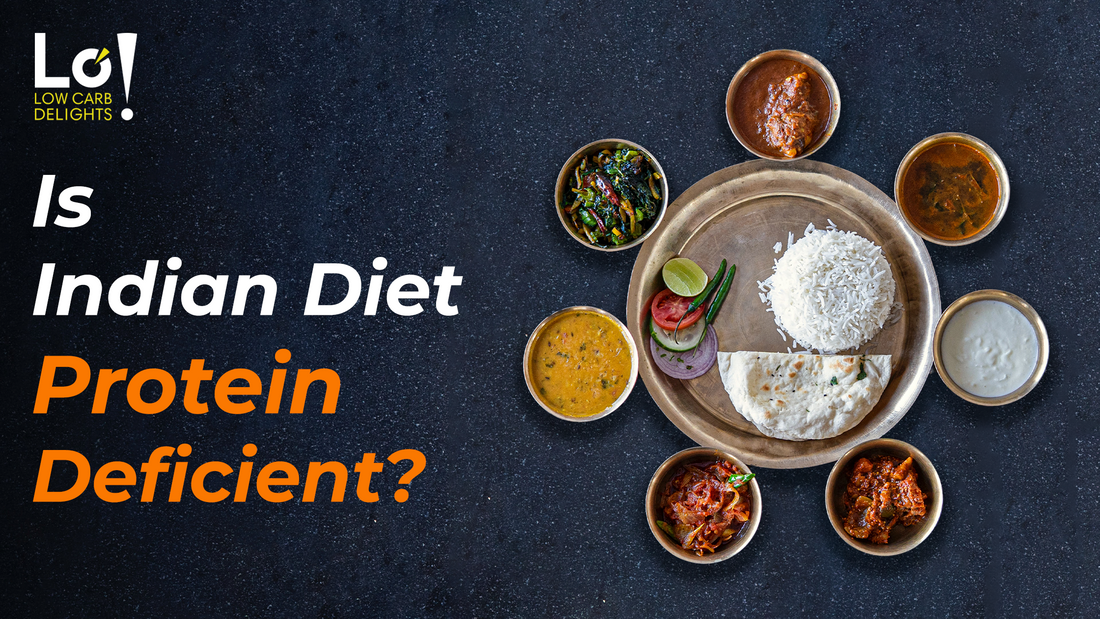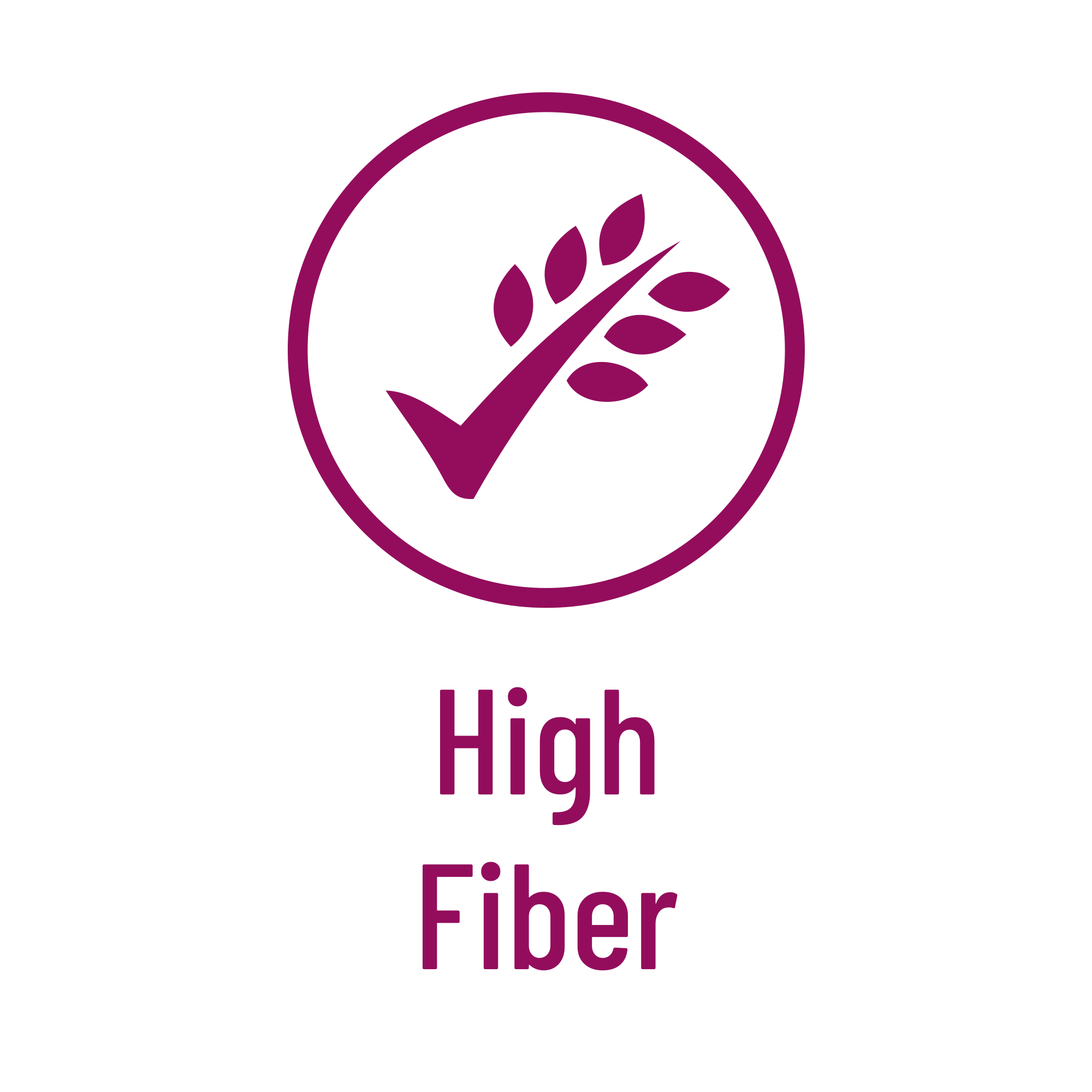When keeping a check on the components of a diet, most Indians focus on calories, carbohydrates, fats, and sugar intake. However, another crucial element that needs to be taken care of is your protein intake.
Why Is Adequate Protein Intake Important?
Proteins are made up of amino acids and are basically the building blocks of the human body. They are essential for repairing and making new cells in the human body, apart from carrying out other functions such as looking after the growth and maintenance of tissues. Proteins also regulate digestion and pH levels of the blood, carry oxygen throughout the cells of the body and form antibodies to protect our body from harmful bacteria and viruses. Other than executing the basic biological functions, consuming proper amounts of protein helps control cravings and snacking habits, increases muscle mass and strength, reduces appetite and regulates bodily blood pressure.
Protein is a dietary nutrient that our body does not store over time. It is used up as fuel by the cells and hence, we need to consume proper and consistent amounts of protein every day to maintain optimal health. It is also a ‘macronutrient’, which is a nutrient we need to consume in larger amounts to extracting energy.
Are Indians Consuming the Appropriate Amount of Protein Daily?
After analyzing the importance and benefits of efficient protein consumption, it is time to ask ourselves whether we are consuming the right amount of protein in our daily diet? Is the regular Indian diet able to meet the daily protein requirement? According to the Indian Council of Medical Research, a person should eat about 0.8 g to 1 g of protein per kilogram of his or her body weight. However, the Indian Diabetic Association, in 2018, announced that the country’s vegetarian diet is 84% protein deficient. Another recent survey, ‘Protein Consumption in Diet of Adults Indians: A General Survey’, implied the alarming fact that about 9 out of 10 people consume insufficient amounts of protein and up to 93% of the citizens are unaware of the protein requirements per day and how it varies through different age groups.
The regular Indian diet includes more items like roti and rice instead of meat and hence, the focus is mainly on carbohydrates and not on proteins. Developing children, pregnant women, lactating mothers, grown-up adults—everyone needs different amounts of protein, but they essentially require protein for maintaining optimal health nonetheless.
Is There Any Way to Increase Protein Intake While Largely Sticking to the Indian Diet?
Absolutely, yes! Chicken breast, fish, beef, shellfish and eggs are some of the best sources of protein, but even if you are a vegetarian, there are plenty of viable options available. Here is a list of vegetarian foods typically included in the Indian diet that is rich in protein and can be made a consistent part of your meals:
- Besan dosa
- Soya uttapam
- Daliya paneer upma
- Chickpea salad bowl
- Moong dal chilla
- Paneer paratha
- Tofu rotis
- Oats idli
- South Indian style tomato quinoa
Other simple sources of protein which you can include in your meal plans are:
- Soy-based products
- Dairy products (milk, yoghurt, curd, etc.)
- Oats
- Almonds
- Chia seeds, flax seeds
- Green leafy vegetables
Apart from consuming protein-rich foods, what if there could be a smarter way to increase protein intake while eating anything that you like? There is certainly a way!
Lo! Foods has introduced an innovative solution—‘Lo! Protein Chef—a powder-based protein mixture, which can be incorporated into your meals any time of the day, so that you don’t have to stress about choosing and preparing protein-rich meals or worry about not eating non-vegetarian delicacies. Making the best use of Lo! Protein Chef is as simple as scooping it in with the mixture of cheela or dosa and upma you have for breakfast, mixing it within the roti atta for lunch and dinner or even adding it while relishing soups, oats or cereals!
Proteins are undoubtedly one of the most important nutrients that the human body needs. Even though most of the current Indian dietary regime lags in fulfilling daily protein requirements, there are plenty of protein-rich food options and supplements (both vegetarian and non-vegetarian) that can be incorporated into our meals. Ultimately, it is about being aware of what we are consuming and making a conscious effort to choose the smartest way that leads to wellness.
References:
https://www.piedmont.org/living-better/why-is-protein-important-in-your-diet
https://www.webmd.com/diet/benefits-protein
https://www.healthline.com/nutrition/functions-of-protein#TOC_TITLE_HDR_2





